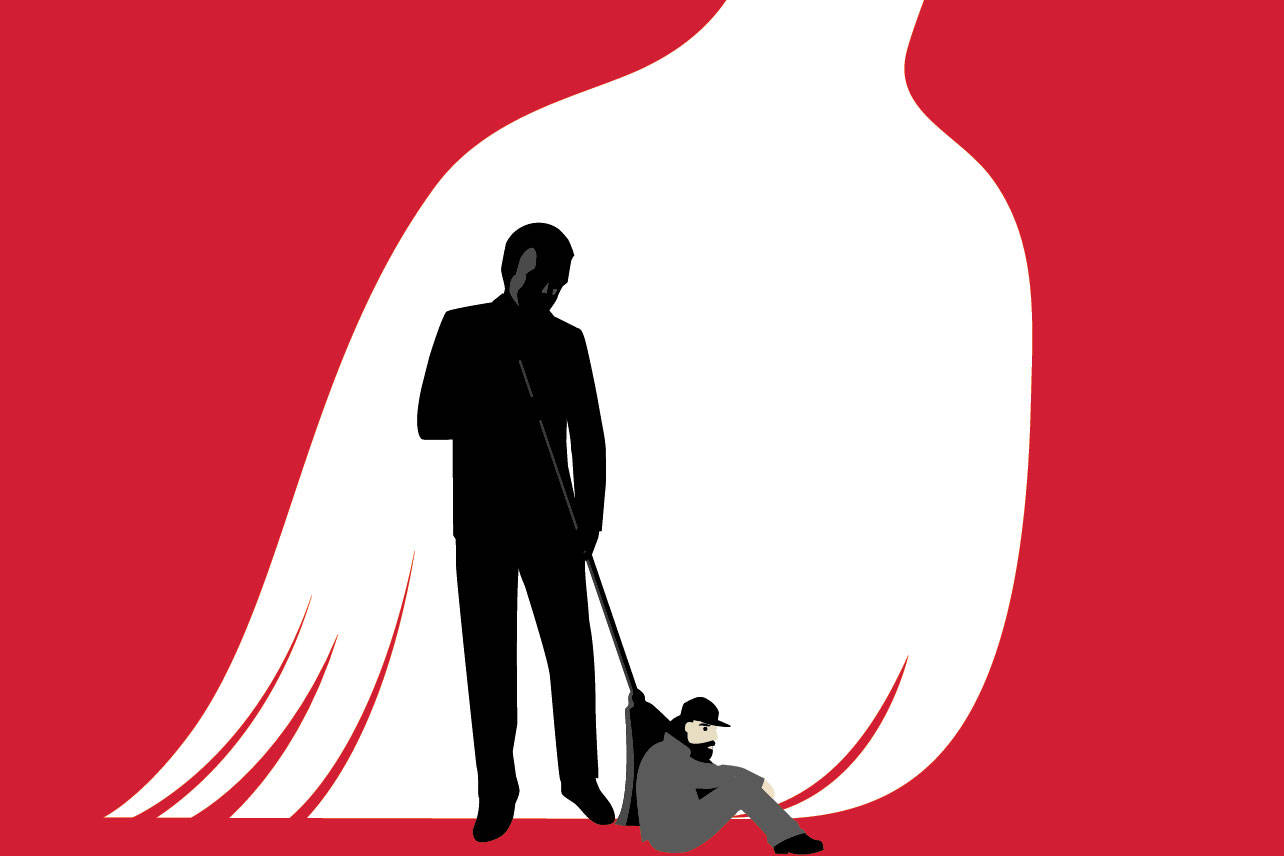Seattle politics are weird. That’s hardly a point that bears repeating, but what’s happening now with KeyArena is a prime example of how differently things work in our city.
Typically, here’s how a pro sports arena comes into being. First, a few really rich guys raise the prospect of bringing a football or basketball or baseball team to town—or, if those teams already exist in the city, a few really rich guys threaten to move the team away. Unlike, say, affordable housing or public schools, pro sports teams usually enjoy wide public support, meaning that either of these prospects—a new team coming or an old team leaving—becomes a primary concern for a significant number of voters. With the bait set, the really rich guys pull the string on the trap, demanding a lot of freebies in exchange for the team—often in the form of a publicly funded stadium—that essentially allows them to realize all the profit while taxpayers foot the bill. Awful as the deal may be, local politicians are loath to upset their sports-loving constituency, and in the name of civic pride, they bankroll whatever it is the really rich guys say they need. A few fuddy-duddies may point out that this is an injustice to the poor or whomever, but for the most part, everyone’s happy that they have a local team to root for.
Now consider KeyArena, where a group of well-heeled investors want to oversee a massive renovation of the city-owned property for the possible return of the Sonics, and where almost every aspect of the above narrative is turned on its head. Sure, there are lots of rich guys involved in the proposed $564 million renovation, but that’s where the similarities end. Where these arena deals usually come with a promise of a pro team, backers of the Key renovation are actively discouraging the notion that an NBA team could come to Seattle in the near term (though they emphasize that a hockey team could be closer at hand). Although the deals usually assume some public buy-in, this renovation would be privately funded. Strangest of all, where it’s usually sports fans that are driving the push for arena deals, in the Key’s case, the plan appears to be roundly despised by Seattle’s basketball fans, who pine for the return of the SuperSonics but consider KeyArena to be partly responsible for the city losing the team to Oklahoma City in the first place. It’s impossible to ignore the outright vitriol that the plan to renovate KeyArena draws in online forums. “Isnt that the same shitty building as to why the Sonics are in OKC!?!” reads a typical, typo-filled Facebook reaction to the renovation plan.
In short, where most sports arenas are bad deals that everyone wants, the KeyArena renovation may be a decent deal that nobody wants. Odd as this situation is, though, there’s reason to believe it could produce a far better plan than most cities can expect when it comes to sports arenas. Two concerns over the Key plan are, first, traffic in Uptown and, to a lesser extent, the role of some public money flowing into the arena in the future via reinvestment of taxes collected from the arena. Knowing that the public is skeptical of a Key renovation, the city should feel emboldened to press their hand on both these fronts when negotiating with Oak View Group, the private firm the city last week designated its “preferred partner” for KeyArena redevelopment. Mayor Ed Murray said last week that he wants to see a better transportation plan put forth by Oak View than has already been offered. We agree, and that improvement should include more investment in public transportation to the arena beyond the expansion of Monorail services that has already been proposed by Oak View. The Oak View plan also assumes $40 million in “city tax reinvestment” into the arena, which means a portion of admission taxes collected at the arena after its renovation would be earmarked for reinvestment into the Key to the benefit of its private managers. Oak View would argue that it’s a fair deal, since the tax revenue wouldn’t even exist if it weren’t for them; while that’s true, it’s still a fact that the proposal represents an earmark of $40 million in public dollars for the arena. The city should not grant such financing lightly.
Of course, the reason many fans are skeptical of this plan to begin with is that they prefer another plan on the table—Chris Hansen’s proposed SoDo arena, which would also be built with private dollars. The City Council effectively put that plan on ice when it refused to vacate a portion of Occidental Avenue on which the arena would be built. The fact that the council shunned one good deal only increases the imperative that with KeyArena, the city comes up with a great deal.
There’s been concern expressed that while the city as a whole is skeptical of the Key renovation, Murray is eager to ink a deal by the end of his term to burnish his legacy, meaning he won’t walk away from the table even if the figures don’t add up. We hope that’s not the case, but if it is, it would be a misread on the mayor’s part. With people already skeptical, they’ll be quick to smell a boondoggle where, in other cities, basketball-hungry fans may smell nothing but hardwood. Seattle’s weird that way. Murray should take advantage of it.
editorial@seattleweekly.com





